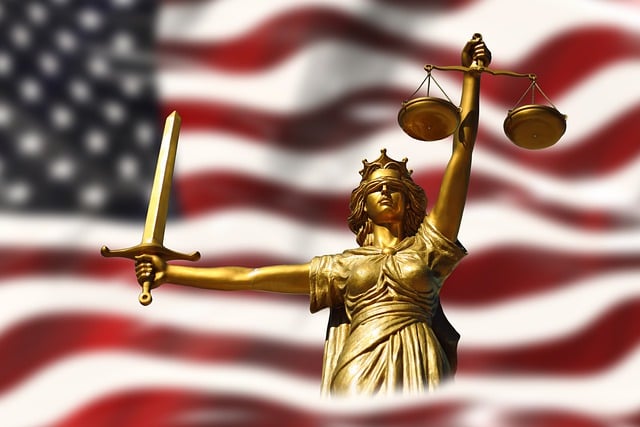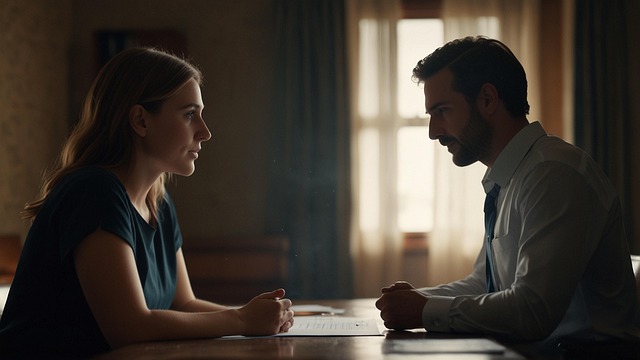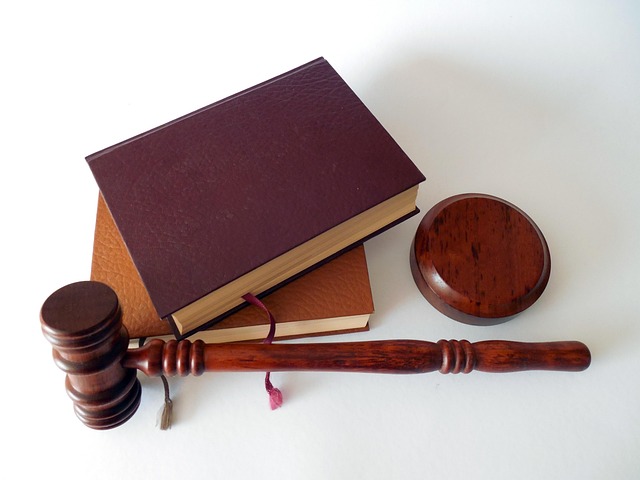Environmental crime trials hinge on prosecutorial discretion, which significantly shapes case outcomes. Prosecutors' strategic decisions, from case selection to evidence presentation, can either strengthen or weaken environmental justice. Effective discretion involves thorough evidentiary analysis, expert testimony, and adherence to laws, leading to successful prosecutions that deter ecological harm. Balancing legal technicalities with societal implications is crucial, fostering environmental accountability and stewardship nationwide. By leveraging prosecutorial power thoughtfully, communities can achieve substantial penalties and precedents, ultimately enhancing environmental protection efforts.
“Environmental Crime Trials: Unraveling the Legal Landscape and Prosecutorial Power
This article delves into the intricate world of environmental justice, focusing on trials as a tool for accountability. We explore ‘Understanding Environmental Crime Trials’ and the crucial role of ‘Prosecutorial Discretion in Environmental Cases’. By analyzing the ‘Impact of Discretion on Case Outcomes’, we uncover both successful convictions and challenges faced. Furthermore, we present strategies to strengthen environmental justice, offering valuable insights from past trials.”
- Understanding Environmental Crime Trials: A Legal Framework
- The Role of Prosecutorial Discretion in Environmental Cases
- Impact of Discretion on Case Outcomes: Success Stories and Challenges
- Strategies to Enhance Accountability: Lessons Learned from Trials
Understanding Environmental Crime Trials: A Legal Framework

Environmental crime trials are a critical aspect of holding individuals and corporations accountable for their actions that harm the environment. These trials operate within a complex legal framework, where understanding the process is paramount to achieving justice. The prosecution’s role is pivotal, with its discretion significantly influencing case outcomes. This discretion involves strategic decisions on which cases to pursue, how to build a strong case, and navigating all stages of the investigative and enforcement process.
The impact of prosecutorial discretion can be seen across the country, where successful prosecutions have led to winning challenging defense verdicts. By thoroughly examining evidence, expert witness testimony, and leveraging relevant laws and regulations, prosecutors can secure convictions for environmental crimes. This not only serves as a deterrent but also ensures that those responsible are held liable for their actions, fostering a culture of environmental stewardship and accountability.
The Role of Prosecutorial Discretion in Environmental Cases

In environmental crime trials, prosecutorial discretion plays a pivotal role in shaping case outcomes. Prosecutors hold significant power to decide which cases to pursue and how to allocate resources. This discretion is crucial, especially when dealing with complex and often underreported environmental offenses. Their strategic choices can either enhance the impact of environmental law enforcement or limit it. A balanced approach involves considering not just the letter of the law but also the broader societal implications.
The influence of prosecutorial discretion extends beyond legal technicalities, touching upon the involvement of both philanthropic and political communities across the country. Effective prosecution strategies can lead to substantial changes in environmental protection efforts and public awareness. Jury trials in these cases further underscore the importance of clear communication and compelling evidence. Prosecutors must navigate these trials with sensitivity, ensuring that justice not only serves as a deterrent but also fosters a culture of environmental stewardship.
Impact of Discretion on Case Outcomes: Success Stories and Challenges

The prosecutorial discretion impact on case outcomes is a complex issue in Environmental Crime Trials. Prosecutors’ decisions to charge or dismiss cases can significantly sway the trajectory of environmental justice. This discretionary power, while crucial for a fair legal system, also presents challenges in ensuring consistency and accountability across the country. When exercised wisely, it can lead to achieving extraordinary results in holding polluters accountable and deterring future crimes. However, disparities in how this discretion is applied in various jurisdictions can result in inconsistent outcomes, undermining public trust and the effectiveness of environmental protection efforts.
Success stories abound where strategic use of prosecutorial discretion has led to substantial penalties for environmental offenders, setting precedents and sending powerful messages to respective businesses. These cases not only secure justice for harmed communities but also serve as deterrents, encouraging compliance with environmental regulations. Yet, challenges remain in navigating the complex web of legal precedents and public expectations. Effective strategies include collaboration between prosecutors, community activists, and experts to ensure that discretion is guided by a commitment to environmental justice, ultimately achieving more positive outcomes across the board.
Strategies to Enhance Accountability: Lessons Learned from Trials

Environmental crime trials have played a pivotal role in enhancing accountability for corporate offenders. A key strategy that has emerged from these cases is the increased scrutiny of prosecutorial discretion. The impact of this discretion on case outcomes cannot be overstated; effective oversight ensures that environmental crimes are not overlooked or lightly punished. By examining successful prosecutions, we can glean valuable lessons for strengthening environmental laws and regulations.
For instance, white collar defense tactics have been a common feature in these trials, with defendants often employing complex legal arguments to challenge the evidence. However, robust prosecutorial practices, including meticulous documentation and witness preparation, have led to unprecedented track records of convictions. This underscores the importance of thorough investigation and unwavering commitment to justice, ultimately deterring future environmental crimes.
Environmental crime trials, guided by a robust legal framework, play a pivotal role in holding perpetrators accountable for eco-destruction. The balance of Prosecutorial Discretion significantly influences case outcomes, with successful prosecutions showcasing the power of strategic enforcement. However, challenges persist, underscoring the need for continued learning and adaptation. By analyzing both triumphs and setbacks, we can refine strategies to enhance environmental accountability and ensure a greener future. Understanding the interplay between legal mechanisms and prosecutorial decisions is crucial in the ongoing battle against environmental degradation.






